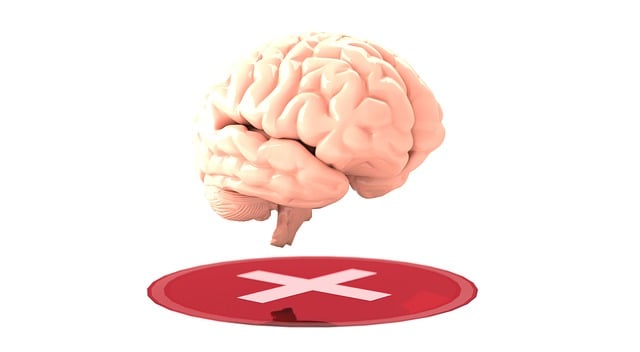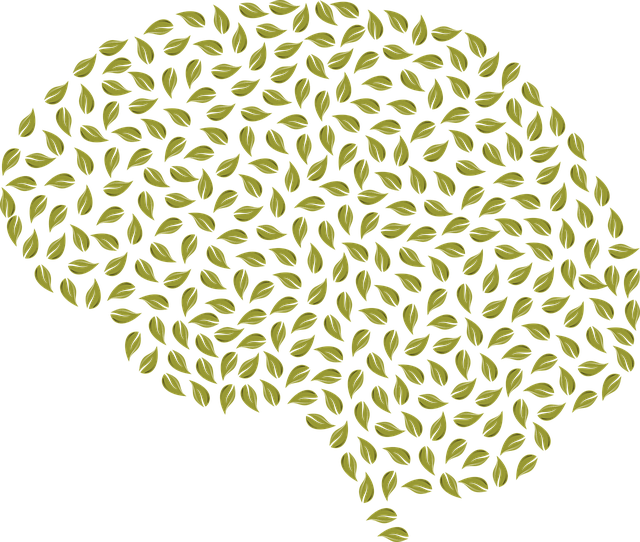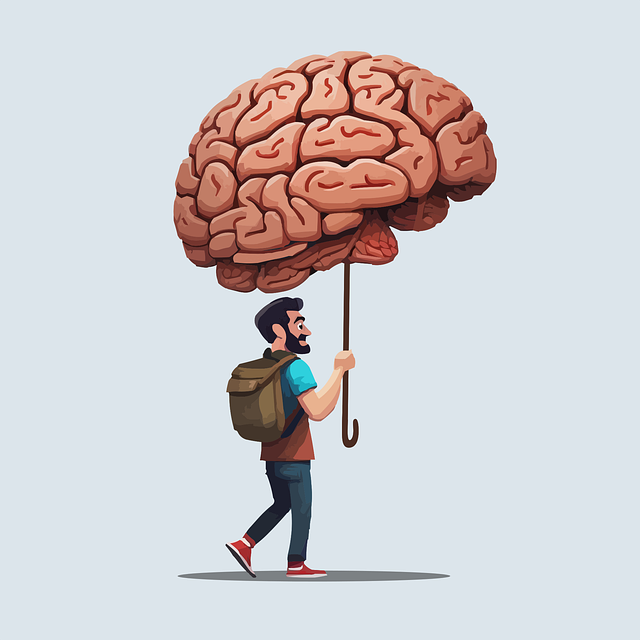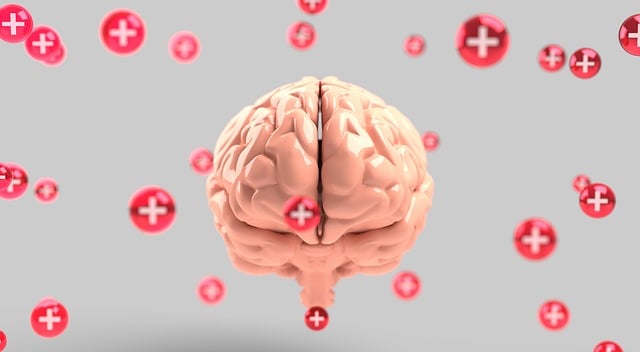Colorado Springs Neuro Disorders Therapy offers a transformative approach, combining tailored strategies and techniques to empower individuals with neurodisorders. By focusing on emotional intelligence, they teach self-awareness, active listening, and empathy, helping clients manage symptoms, improve cognitive function, and enhance relationships. This holistic approach not only improves quality of life but also reduces stigma around mental illness, fostering compassion within communities.
In today’s fast-paced world, emotional intelligence (EI) is a powerful tool for personal growth and successful relationships. Colorado Springs neuro disorders therapy has highlighted the importance of EI as a key factor in overall well-being. This article explores the foundations of EI, focusing on self-awareness and empathy. We’ll delve into practical strategies to enhance EI in daily life, empowering folks to navigate social interactions with greater understanding and depth, just like a vibrant tapestry woven with gossamer threads of compassion.
- Understanding Emotional Intelligence: A Foundation for Personal Growth
- The Role of Self-Awareness in Enhancing Emotional Intelligence
- Developing Empathy: Connecting with Others on a Deeper Level
- Practical Strategies for Cultivating Emotional Intelligence in Daily Life
Understanding Emotional Intelligence: A Foundation for Personal Growth

The Role of Self-Awareness in Enhancing Emotional Intelligence

Emotional intelligence is a multifaceted skill set that involves recognizing and managing our own emotions, as well as understanding and empathizing with others. Self-awareness, a cornerstone of emotional intelligence, plays a pivotal role in enhancing this ability. It’s about taking a step back to observe your feelings, thoughts, and physical sensations without judgment. In Colorado Springs Neuro Disorders Therapy, therapists often help individuals develop self-awareness through various techniques like mindfulness meditation, journaling, or simply engaging in open dialogue.
This process allows people to better understand the triggers of their emotions, identify patterns in their reactions, and gain deeper insights into their motivations and values. By cultivating self-awareness, individuals can navigate challenging situations with greater calmness and clarity, leading to improved relationships, effective communication, and enhanced overall mental health awareness. Moreover, recognizing emotional triggers can also be a significant contribution to mental illness stigma reduction efforts, as it fosters understanding and compassion both within individuals and across communities.
Developing Empathy: Connecting with Others on a Deeper Level

In the pursuit of emotional intelligence building, developing empathy stands as a cornerstone. It involves the ability to understand and share the feelings of others, fostering deeper connections in Colorado Springs neuro disorders therapy settings and beyond. Through active listening, non-verbal cues, and open communication, individuals can navigate complex social dynamics and offer genuine support. This skill is not just beneficial for mental health professionals; it’s a powerful tool for enhancing emotional well-being promotion techniques and even preventing issues like depression.
By cultivating empathy, we create an environment where individuals feel seen and heard, which is crucial for risk assessment in mental health professions. It allows us to anticipate and address emotional needs, fostering a sense of belonging and understanding. This connection goes beyond mere conversation; it involves recognizing and acknowledging the nuances of emotions, leading to more effective interventions and stronger interpersonal relationships.
Practical Strategies for Cultivating Emotional Intelligence in Daily Life

Cultivating emotional intelligence (EI) is an ongoing process that can significantly enhance your daily life and relationships. Here are some practical strategies to help you build EI in Colorado Springs Neuro Disorders Therapy’s focus on mental health awareness, specifically targeting the Mental Illness Stigma Reduction Efforts.
Start by recognizing and labeling your emotions accurately. Take a moment to reflect and identify what you’re feeling – is it joy, sadness, anger, or perhaps anxiety? This practice allows for better understanding of your emotional responses. Engage in self-care activities that promote emotional well-being promotion techniques. Whether it’s meditation, journaling, or spending time in nature, these practices can help regulate emotions and reduce stress levels. Additionally, active listening is a powerful tool; pay full attention to others when they’re speaking, validate their feelings, and respond empathetically. This fosters deeper connections and enhances your ability to understand and manage both your own and others’ emotions.
Emotional intelligence is a powerful tool for personal growth and connection, as evidenced by the success of Colorado Springs Neuro Disorders Therapy. By understanding emotional intelligence, cultivating self-awareness, developing empathy, and implementing practical strategies, individuals can enhance their relationships, make better decisions, and lead more fulfilling lives. Embracing these principles can revolutionize how we navigate our personal and professional landscapes, fostering a symphony of understanding and compassion.














